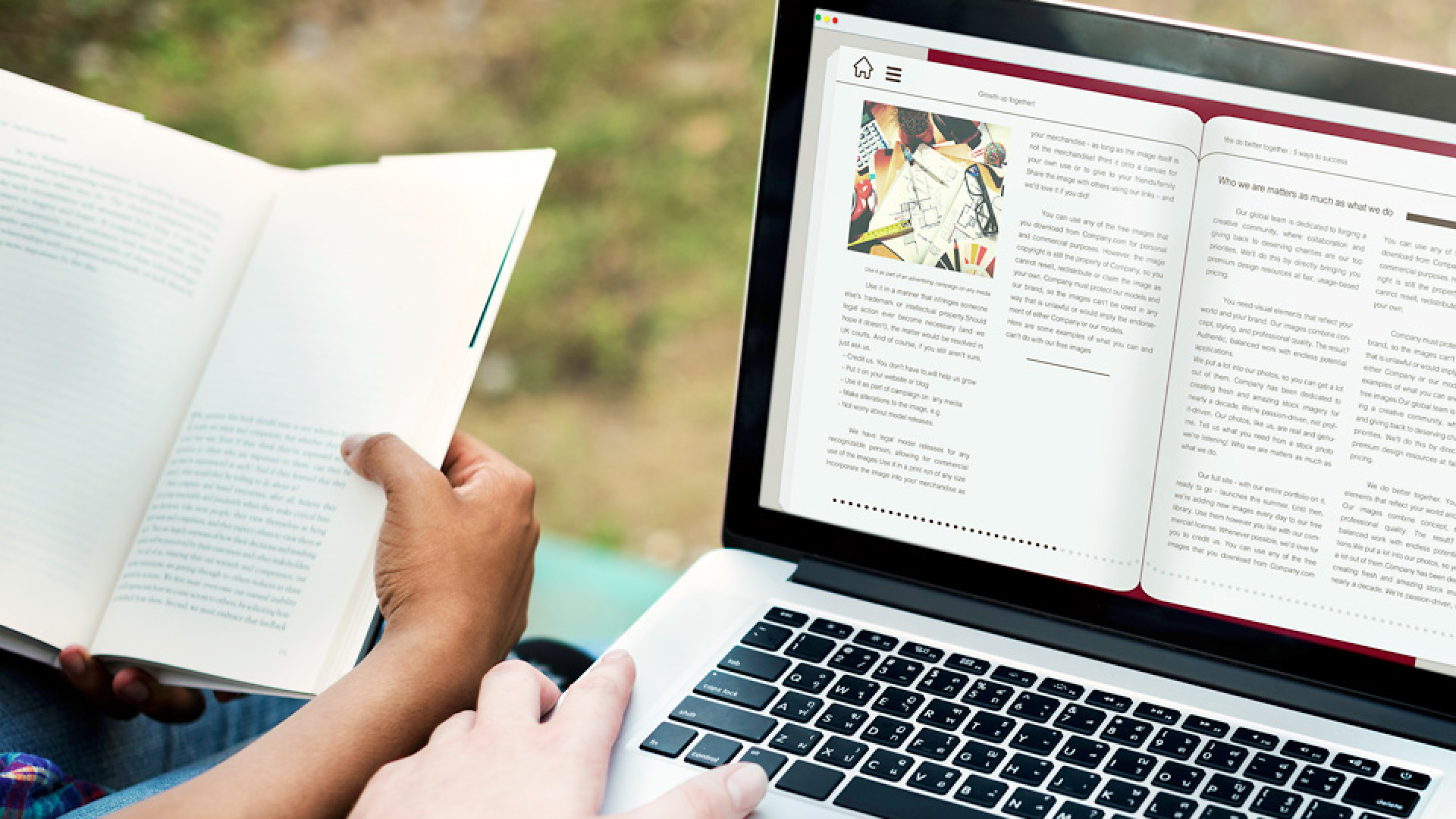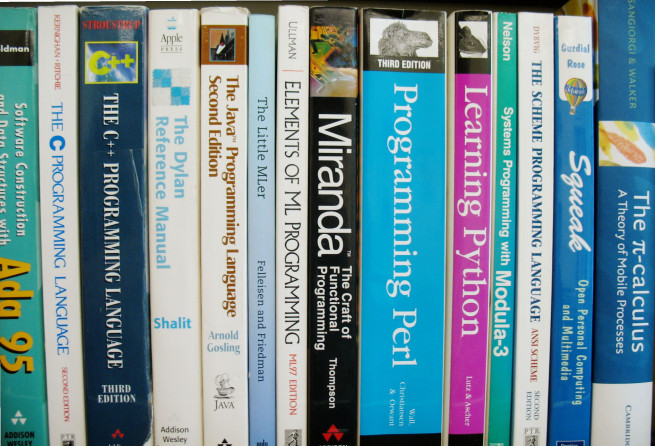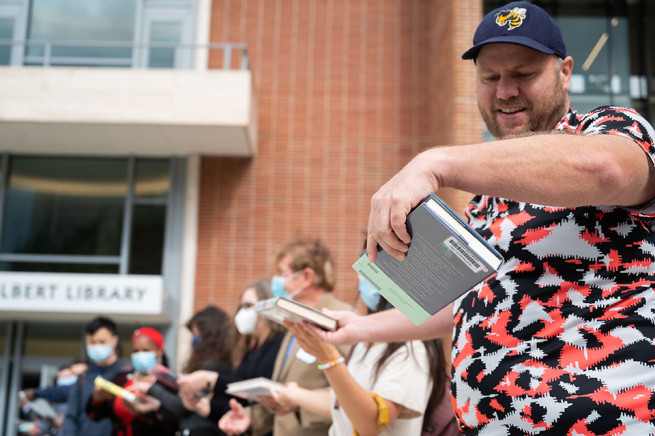According to the Scholarly Publishing and Academic Resources Coalition (SPARC), open educational resources (OER) are those teaching, learning, and research resources that are free of cost and access barriers, and which also carry legal permission for open use. Internet technology has pushed what is possible with teaching materials far beyond the original limitations of print textbooks. OER can be textbook replacements, videos, syllabi, supplemental teaching materials, practice questions, and more.
Georgia Tech Library materials are not open. They are only available to Georgia Tech students, faculty, and staff. They fall under varying copyright or licensing restrictions.
To find OER, which can be retained, reused, revised, remixed, and redistributed, explore these repositories. They are not exhaustive of OER, but are high-quality, peer-reviewed, and have a broad scope.
- GALILEO Open Learning Materials are OER funded and hosted by the University System of Georgia. Most, though not all, are licensed through the Creative Commons License. Check here for OERs with authors from Georgia Tech.
- OpenStax from Rice University, in partnership with the University System of Georgia, publishes openly licensed, peer-reviewed textbooks, including low-cost online math homework.
- MIT OpenCourseWare is a repository of nearly all of MIT course content hosted online. This includes syllabi, readings, assignments, lecture notes, and more. Many of the courses use openly licensed textbooks.
- The Multimedia Educational Resources for Learning and Online Teaching (MERLOT) is an extensive database of OER. With its origins in the late 1990s in the California State University System, the project has grown both in scale and consortia, which includes the University System of Georgia. Use the filters on the left side of the database to browse by appropriate student group and topic.
While not open, Canvas has reusable modules and content which are available to Georgia Tech faculty. Consider making your own content shareable on Canvas.
It is incumbent for every faculty member to independently evaluate the OER they choose to use for their courses no matter if the material is already peer-reviewed.
We have guidance on best practices for adding these items to a syllabus and Canvas.
Copyright is a broad and complicated subject, but it’s an essential consideration in building open and affordable classroom resources. To help think about this kind of consideration, let’s go through a hypothetical scenario:
Let’s say an article or a book chapter that’s under copyright – how can I use it as part of my open online learning resource for my class?
Ask yourself these questions:
Georgia Tech is a proud partner in Affordable Learning Georgia (ALG). ALG was created by the University System of Georgia to find alternatives to the use of expensive, commercial textbooks. Since 2014, ALG offers financial support for faculty transforming their courses to low cost either through use of OERs, library materials, or low/no cost resources; creating open textbooks through the UNG Press; making grant supported open materials available through the GALILEO Open Learning Materials; and raising awareness on campus.


